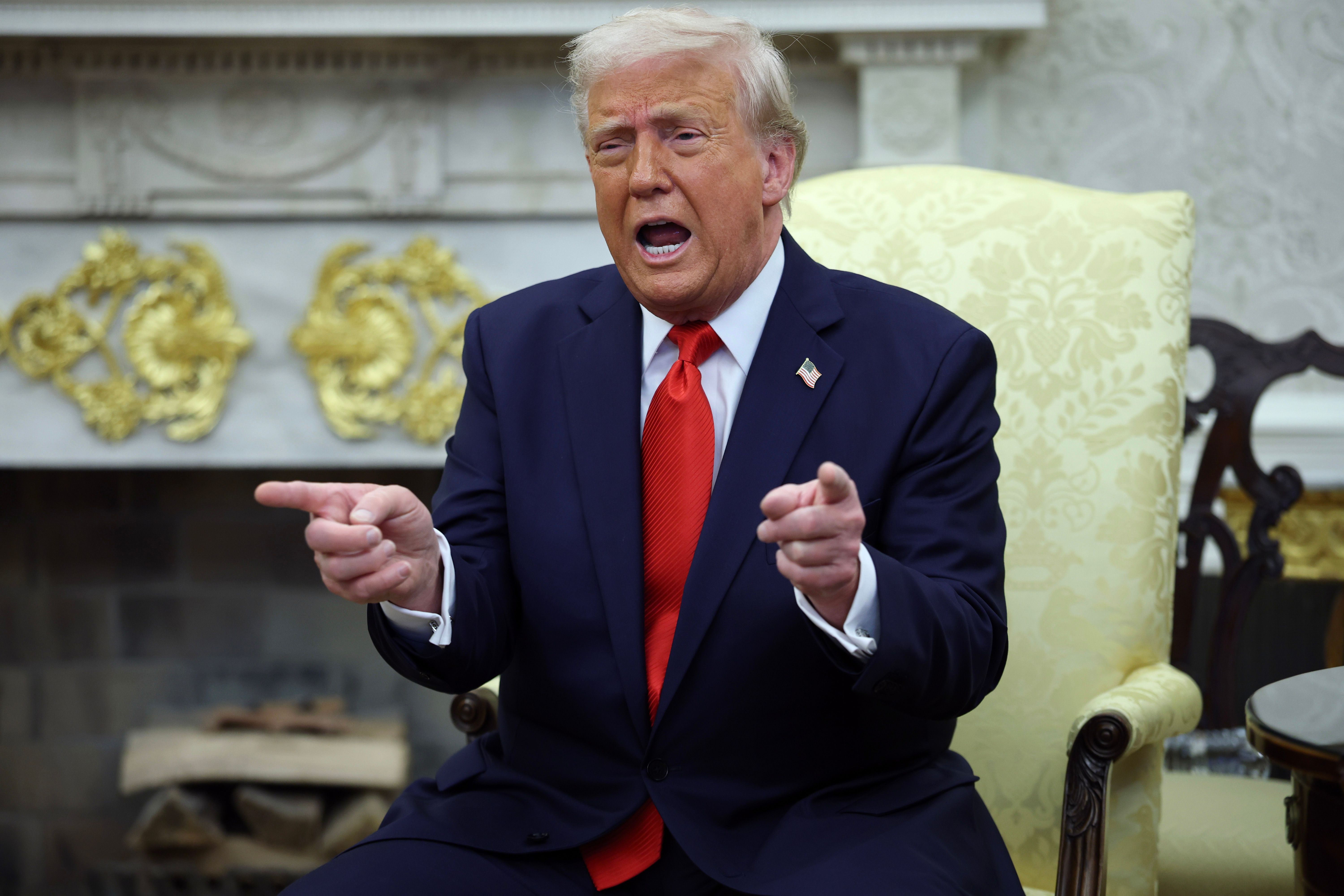
It was only a matter of time. With Strategy long reigning as the premier corporate proxy for bitcoin exposure, the rise of a competitor was inevitable — few expected it to be a venture linked to a social media platform and donning a red cap. Recently, the Trump Media & Technology Group announced it holds approximately $2 billion in bitcoin, transforming overnight into a notable player in the bitcoin treasury domain.
But for investors looking to gain crypto exposure, the concern extends beyond just how much bitcoin a company possesses; it’s about what additional factors accompany that stake.
In one arena stands Strategy, previously known as MicroStrategy — championing bitcoin under the guidance of CEO Michael Saylor, who has gained fame for turning the previously low-key software enterprise into a formidable digital gold repository. Saylor has emerged as bitcoin’s leading corporate spokesperson, transforming earnings reports into passionate bitcoin discussions.
Conversely, we have Trump Media, which runs the Truth Social app. Its modest revenue stream was just over $4 million in 2023, a stark contrast to Strategy’s impressive $498 million. Despite this, Trump Media holds a market capitalization exceeding $6 billion, buoyed by brand devotion and media theatrics — now further enhanced by bitcoin.
Trump Media’s aggressive bitcoin investments elevate it among significant corporate BTC holders. However, this strategy raises pertinent questions: What implications arise as bitcoin becomes intertwined with political identities?
The challenge for investors seeking straightforward crypto exposure is this emerging dynamic of politically branded bitcoin assets. How does the association of bitcoin with a political notion either enhance or undermine its intended neutrality?
Imagine firms rooted in different political beliefs launching their own bitcoin initiatives — a left-leaning entity promoting “Green Bitcoin Holdings” for eco-centric policies or a libertarian entity crafting “Freedom Ledger Corp.” for personal autonomy and tax rebellion. This could transform bitcoin into a socio-political currency rather than a mere financial tool, risking its original intent of decentralization and neutrality. As this evolution continues, investors must reevaluate: Are they investing in the currency itself — or merely the accompanying political narrative?


